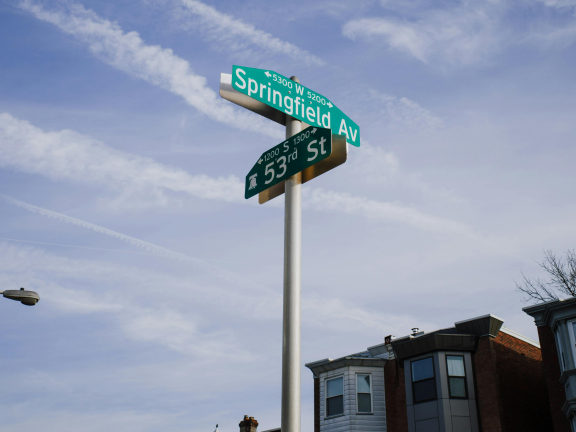New Report on the Effect of Housing Investment on Economic Mobility for Black Families

The McKinsey Institute for Black Economic Mobility published a report last month titled, “Investing in housing: Unlocking economic mobility for Black families and all Americans." The report outlines America’s affordable housing crisis and its disproportionate effect on Black Americans, then poses ideas for bridging the gap between the need for housing and its availability. Here are our four main takeaways from the report:
America faces an affordable housing crisis
The report calculates that “as of 2023, the United States had 8.2 million fewer housing units than required to meet the needs of American families...without decisive action, this gap could grow to 9.6 million by 2035.”
Lack of affordable housing severely limits a family’s ability to build wealth
The report identified four ways that housing influences economic mobility:
- Affordability - Living in an affordable home can promote a household’s ability to save and build wealth.
- Neighborhood - Access to employment, transit, and higher quality schools promote better economic outcomes.
- Safety - Substandard housing has been linked to poor economic, health, and socio-emotional outcomes, as well as negative academic and behavioral outcomes for children.
- Stability - Residential stability allows people to invest in social relationships, communities, health, and education.
Lack of affordable housing disproportionately burdens Black Americans
The report states that “nearly 60 percent of black renters...are moderately or severely cost burdened, well above national averages. Legacies of housing discrimination are compounded by continued supply, demand, and geographic imbalances that create acute housing challenges for Black families and impede their pursuit of economic opportunity.”
Bold solutions are required to solve the US housing crisis
Researchers used meta-analysis to identify five prevalent ideas and themes that, if implemented, could affect up to 2.3 million US housing units. The themes were:
- Unlock land through incentives and partnerships
- Augment programs to unleash private capital
- Scale off-site home construction
- Reinvest in public housing and shared-equity models
- Revamp housing-choice vouchers
This report is relevant to PHWC’s development work. We hope to not only improve Philadelphia’s 80,000 affordable unit deficit, but also use innovative solutions and partnerships to provide units that promote economic and racial equity for all Philadelphian families.